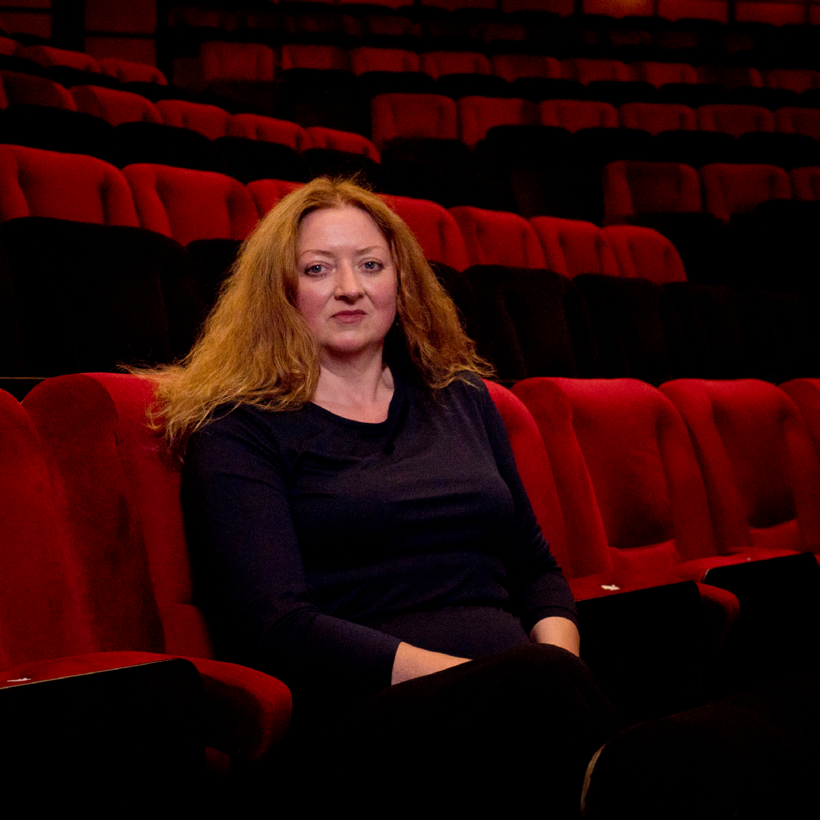Nobody could accuse Claire Keegan of being overly prolific. In the past 24 years she has written two highly regarded collections of short stories: her 1999 debut, Antarctica, and then, almost ten years later, Walk the Blue Fields (2008). In 2010 the novella Foster, a superbly moving story of a neglected Irish girl who is farmed out to kind strangers, was a critical hit. Another 11 years passed before, at last, a (slim) novel appeared. Small Things Like These, the story of an Irish father who finds a young girl locked by nuns in a freezing coal shed, brought Keegan to a much wider readership. It was short-listed for the 2022 Booker Prize and is being made into a film starring Cillian Murphy.
Now, with hungry readers snapping, Keegan’s publisher, Faber, is offering “So Late in the Day” as a stand-alone short story. This autumn it will republish the two story collections. Faber must be desperate for new works, but Keegan, thank goodness, is resisting any pressure to produce more words. “What pleases me,” she once told an interviewer, “is brevity.”

